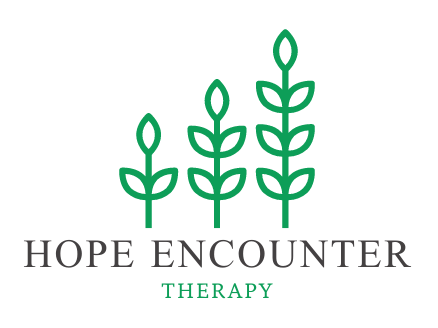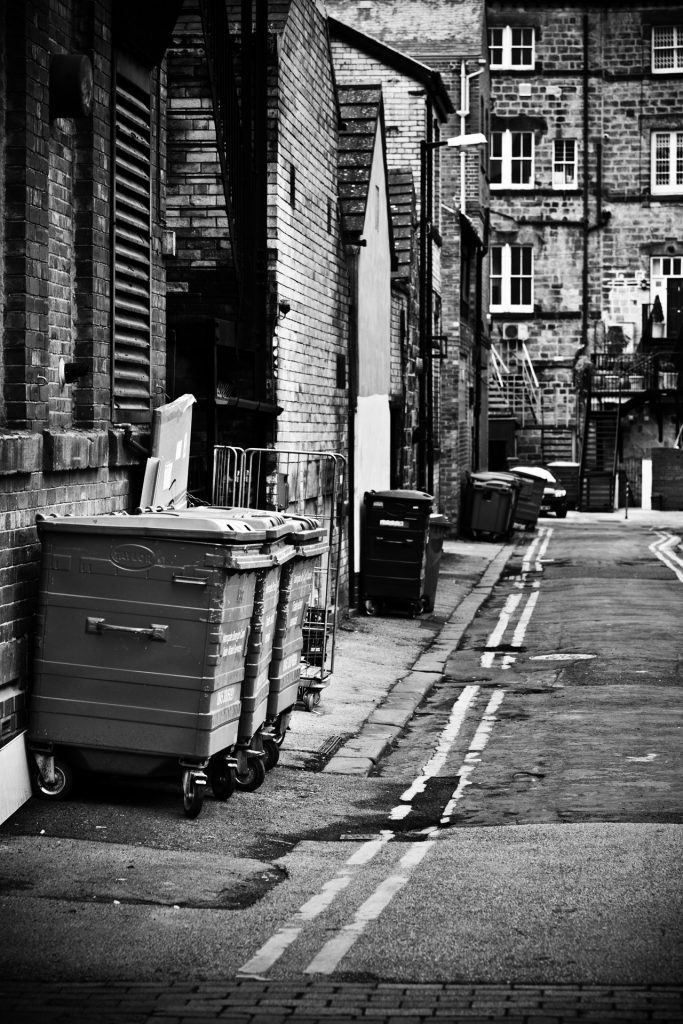I’m currently reading Emily P. Freeman’s book “The Next Right Thing.” Every chapter, therapy for me. Even therapists need therapy—a gentle reminder that all of the things I tell my clients about hope, grace, forgiveness, authenticity and vulnerability, apply to me too. Her words a soothing balm for the battered and ignored places in me.
In Chapter 19, Emily share a story about her childhood bus stop at the foot of her scary neighbor’s driveway. How every day she dreaded waiting for the bus in front of his formidable house with its no trespassing signs.
“And, yet, in many ways, I’ve had a lot of experience in walking up to the door of a house where I feel unwanted and unwelcome, because for years this is what I did to myself. I stood at the edge of the driveway of my own soul, unaware of the life that wanted to be lived on the other side of the door.
Coming home to yourself is not always an easy thing to do.
Emily P. Freeman
If you arrive at a house and the hostess stands on the porch shouting criticisms, judgments and sarcasms at you, guess what you won’t want to do? Walk through the door. You will turn your back on that house every time and vow never to return. What if we stopped standing on our own front porch and bullying ourselves? What if we decided, instead, to be a gracious hostess to ourselves at the threshold of our own soul?
We don’t go home when home is unsafe. Maybe your next right thing today is to recognize all the ways you’ve become your own enemy, all the ways you’ve put No Trespassing signs on our own soul windows, all the ways you’ve become your own suspicious, furrow-browed neighbor.”
It’s so easy to hurl insults at ourselves, isn’t it?
Comparisons. When we see others succeeding at work while we stand still. Marriages thriving when ours lies dying—a smelly, rotting heap on the ground. Friends’ children pursuing Jesus while ours run in the opposite direction.
But it’s not just comparisons that slam the door on our own souls. Long-held beliefs that our soul foundation is not structurally sound tell us that because of our childhood sexual abuse, we are beyond repair. Our house is uninhabitable.
When there’s no safety within our dwelling place where do we turn for shelter?
For the trauma survivor who has yet to confront her trauma, the answer is often, nowhere. She roams the streets, eating scraps, sleeping in alleys. Going it alone, without direction and without protection.
The street marauders, Shame and Misplaced Responsibility, rob her of self-worth. Masters of misdirection, they keep her from settling into the truth of who she is—an imperfect, beloved child of God. Redeemed and restored by the sacrifice of Jesus.
And, even those of us who have addressed our trauma must guard against the desire to go it alone, to run and hide. When we’re used to perceptions of faulty structure and instability, we may default to former, unhealthy patterns. Fear and anxiety can cause us to lose focus on progress made and stability gained.
It all comes back to God and Jesus.
“Remember, there is only one foundation, the one already laid; Jesus Christ.” I Corinthians 3:11 (MSG)
Jesus is our solid foundation. And, He is rock solid.
“You realize don’t you that you are the temple of God, and God himself is present in you?” I Corinthians 3:16 (MSG)
Our home is secured by God himself.
I know the struggle to feel at home in your own soul. I struggle sometimes too. Sometimes, I really struggle. But this, I know to be true, abandoning yourself as too damaged, beyond repair is, simply, not an option. It’s a lie from the devil himself to keep you roaming the streets, being picked off by Shame and Misplaced Responsibility on every street corner.

There’s hard work to be done. Healing through therapy and support like we offer here. But, let us start with the knowledge that your foundation is solid, your house is secured. And, when you are ready, it’s safe to come home.



